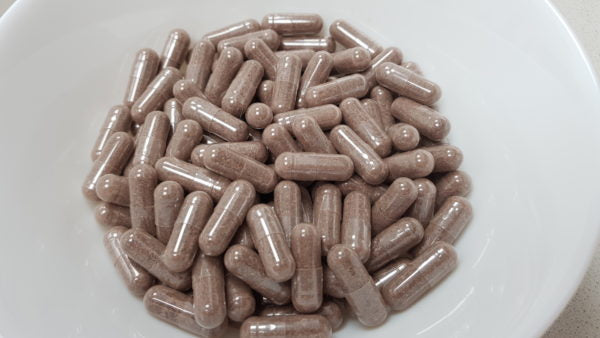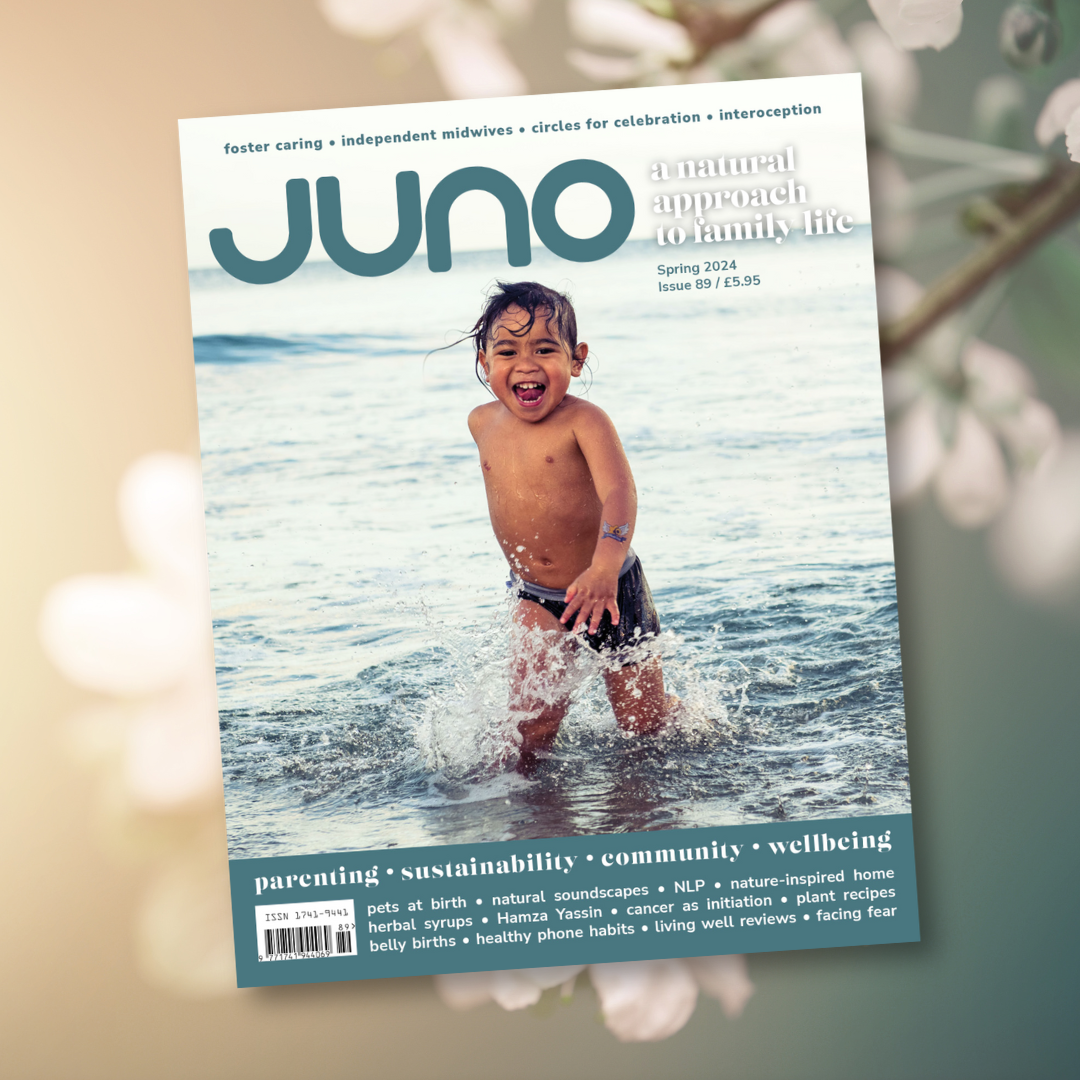Placenta consumption, also known as placentophagy, has been documented as far back as 500 BC, so it’s by no means a new thing or a passing trend. However, with more women sharing their testimonies, it’s moving from being an ‘out there’ practice to something many women consider alongside hiring a doula, choosing a hypnobirthing practitioner or taking an antenatal yoga class.
Back in 2008, Lynnea Shrief, founder of the Independent Placenta Encapsulation Network (IPEN), was the first person to offer placenta encapsulation services in the UK, in addition to her doula practice. She went on to create a comprehensive training programme which is continuously developing to enable birth professionals to safely provide the service in the UK and around the world.
The main motivation for most women who decide to encapsulate their placenta is that they want to use the capsules to help avoid postnatal depression. Others, committed to a healthy lifestyle, know the placenta to be full of goodness, and choose to make the most of its rich supply of nutrients and minerals.
New mothers who have their placenta encapsulated consistently report improved mood and increased energy levels when taking their placenta capsules. They also find the capsules support a healthy breast milk supply.
Those who aren’t first time parents but who choose placenta encapsulation and remedies for the first time, frequently share that they experience faster and more positive postpartum recovery.
Placenta encapsulation makes the prospect of consuming the placenta following birth a lot more palatable. Many people balk at the thought of frying up a placenta, whereas the idea of taking a supplement similar to a vitamin tablet is much easier to swallow!

The capsules are made by preparing and dehydrating the placenta which is then ground down into a fine powder and placed into vegetarian soluble capsules. The average placenta is one third of the baby’s weight, and most women receive anywhere between 90 and 200 capsules to see them through their postpartum period.
People offering placenta remedy services in the UK, either as a standalone business or alongside their doula, hypnobirthing or holistic therapies practice, are required to register as a food business and have their workspace inspected by environmental health. Unlike in America, for example, where the service is unregulated, an IPEN trained specialist works to the highest standards of hygiene and food safety.
Nearly all IPEN placenta remedy specialists provide clients with a chiller pack ahead of their baby’s birth to ensure the safe storage of the placenta, and the placenta is usually collected from either hospital or home by the specialist within a few hours of their client giving birth.
If you are squeamish, you don’t need to see your placenta, and you certainly won’t need to handle it. Usually your midwives or doula will pack your placenta in the chiller pack so that it’s ready to be collected by your specialist.
We encourage new mothers to start taking their capsules as soon as possible following the birth of their baby, so it’s a good idea to work with a local specialist in order that your placenta is collected quickly and you receive your remedies back promptly.
For many women, it is extraordinary to experience how placenta encapsulation can allow the body to provide the means to reenergise and heal itself.
____
Donna Taylor offers placenta remedy and encapsulation services to birthing families across the Midlands through her business Mandala Placenta Encapsulation which she runs alongside her role as director of the Independent Placenta Remedies Network.
You can find a list of IPEN trained specialists on the website and if you would like to train in order to meet the growing demand for placenta encapsulation and remedy services within your community, you can contact Donna for more information.
____
First published in Issue 67 of JUNO. Accurate at the time this issue went to print.



